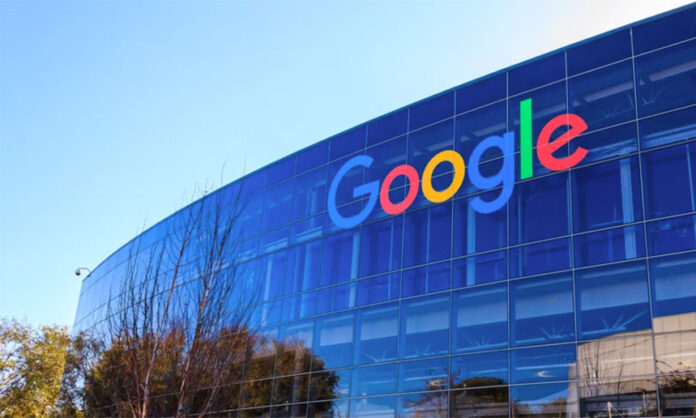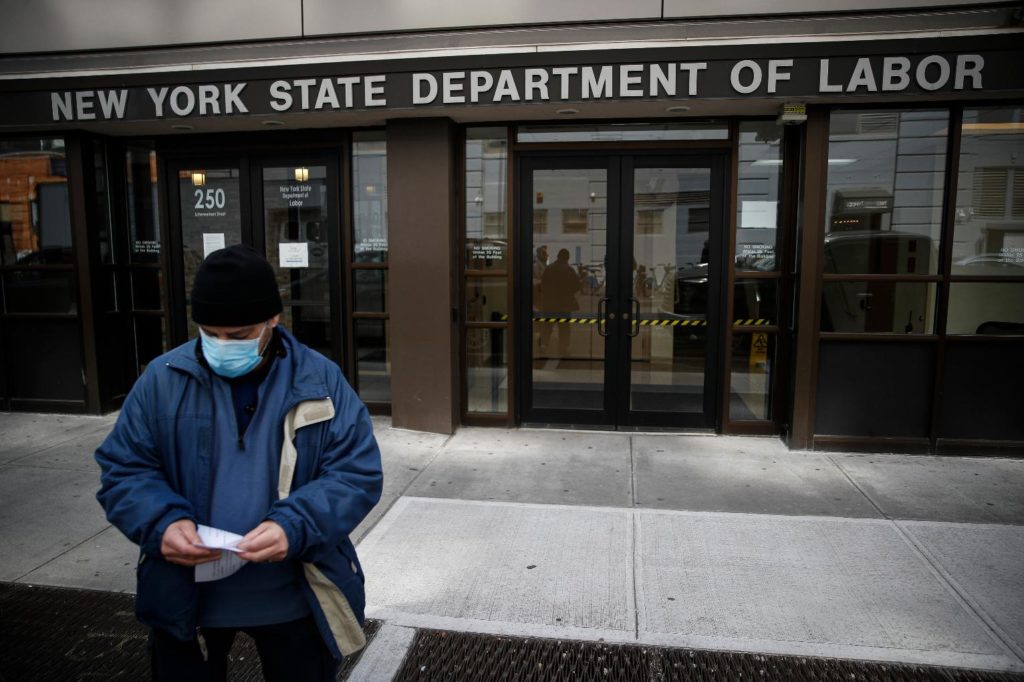
A longtime Google employee recently shared her experience of being laid off while on maternity leave, adding a personal dimension to the widespread job cuts affecting the technology sector. After more than 12 years with the company, she learned she was impacted by recent recruiting team layoffs. Her situation highlights the challenges facing employees, particularly women, during a period of significant change in the industry.
Writing in a LinkedIn post, the woman described the news as profoundly difficult. She stated she was “heartbroken and devastated to say the least,” especially given the circumstances of being on leave with a ten-week-old baby. Despite the personal blow, she expressed gratitude for her time at Google and the relationships she built.
Figuring out the next steps presents logistical challenges. The former employee noted that she is “having a hard time wrapping her head around what is next or how I am going to interview & work elsewhere at this moment.” However, she is striving to maintain a positive outlook, adding that she is “excited to see what is next.”
Her post also served as a call for connections and potential opportunities. She asked to be kept in mind for Staffing Manager or Program Manager roles across any industry and offered to connect with others, emphasizing that “The more connections, the merrier.” She also highlighted that her team was heavily impacted and that they were “incredible recruiters,” urging anyone looking for IC recruiters to reach out.

This individual instance fits into a broader pattern of layoffs at Google. At the beginning of the month referenced, the company let go of hundreds of people from its global recruiting team. Alphabet, Google’s parent company, characterized this decision as impacting “a few hundred” employees and stated it was not part of a “wide-scale layoff.”
The company also indicated plans to “retain a significant majority of the team for hiring critical roles” and offered assistance to affected employees in seeking other positions, both “within the company and elsewhere.” However, the job cuts in the recruiting team followed earlier, larger reductions.
In January of the year referenced, Google announced its intention to lay off 12,000 people. Months later, employees in the Waze mapping app department were also affected as the company integrated the app into Google Maps products, a decision communicated via email by Chris Philips, head of Google’s Geo unit.
The recent layoffs, particularly those impacting employees on scheduled leaves, have drawn attention. In March of this year, prior to the recruiting cuts, several former Google employees organized and sent an open letter to CEO Sundar Pichai. Their letter urged better handling of the layoff situation and specifically demanded that the company “respect scheduled leaves” like maternity and bereavement leaves.

The experience of being laid off while on maternity leave is not unique. Several female employees in the past have shared their difficult experiences under similar circumstances. This vulnerability during a critical personal transition highlights the intersection of corporate decisions and individual lives.
The issue extends beyond Google, affecting other major tech firms as well. Nadine Selim shared her story of interviewing for a dream role at Amazon while pregnant, getting the job with the understanding of strong maternity leave benefits, and then being laid off just weeks into her time away with a newborn. This occurred during a wave of tech layoffs earlier this year where women were reportedly overrepresented.
Recent layoffs at Meta, the parent company of Facebook and Instagram, have also brought the issue to the fore. According to accounts from Singapore and the United States, some employees were affected by cuts shortly after returning from or while on maternity or parental leave. These layoffs were reportedly tied to “performance terminations,” as stated in an internal memo from Meta’s Head of People.

A product manager based at Meta’s Singapore office described the layoffs as “deeply emotional and challenging.” She noted that seeing deactivated profiles of colleagues who could no longer log in was heartbreaking, particularly for those who were out on leave. While performance was cited, she felt the reality was more nuanced, suggesting that “Low performance at Meta often means top performance elsewhere.”
Another former Meta employee in the United States shared knowledge of someone with an 11-year tenure and no prior negative performance ratings who was laid off after returning from parental leave. Similarly, another report mentioned a Meta employee on maternity leave being labeled a “low performer.”
The swift nature of the reductions led the Singapore product manager to describe the cuts as being executed with an “axe” rather than a “scalpel,” implying that many affected individuals were still considered highly talented. In Singapore, a wide range of positions were cut, including roles in engineering, partnerships, global business operations, and policy.
In response to the Meta layoffs, support efforts have emerged. Mr. Christopher Fong, President of career networking platform Key, co-organized an in-person session in Singapore to support former Meta employees. He aimed to share learnings on bouncing back from a layoff and discussing career opportunities, offering support ranging from coffee to conversations.

This event was organized with two former Meta staff members who had also been laid off in previous rounds. One co-organizer noted that two employees laid off had returned from paternal leave and medical leave towards the end of the previous year, with one reportedly told by HR that her medical leave would not affect her performance rating.
The overrepresentation of women in recent tech layoffs is a subject of analysis. Data from the site Layoffs.fyi, which examined a sample of 3,400 laid-off tech workers, found that 45 percent were women, compared to their 39 percent representation in the overall tech workforce. This disparity raises questions about the dynamics at play.
Examining the historical context of the tech industry helps shed light on current challenges. In the early to mid-2000s, the workforce was predominantly young white men, reflecting the leadership. The corporate structure was often informal with a sense of less hierarchy, energized by the idea of young people holding significant power.

This environment, sometimes likened to “no parents, no rules,” was not structured like traditional corporate institutions such as banks or law firms. The culture often involved long hours, onsite perks like pingpong and sleeping at the office, a style that inherently favored those without significant outside responsibilities, such as childcare.
While the industry remains male-dominated, particularly in areas like software engineering, there was a shift in the mid-2010s. Tech companies began focusing on diversity, implementing DEI initiatives and introducing progressive benefits, including parental leave. This change coincided with companies growing larger and adopting more structure, requiring HR departments and management systems.
These growing companies also sought to redefine the office experience, combining structure with a sense of fun through features like slides, happy hours, and fitness classes on site. The aim was to create an environment where employees felt their whole lives could happen at work, but this model still disproportionately benefited those without family obligations.

One factor contributing to the overrepresentation of women in layoffs may be the types of roles they were hired into during diversity pushes. When companies aimed to meet diversity goals, they often hired women into positions considered peripheral to the core work, such as HR or customer service. These roles, in the minds of some hiring managers, played into stereotypes about what women might be better at.
Critics suggest that this approach indicates that diversity efforts were not always effectively integrated into the core functions of the business. Achieving sustainable DEI gains requires focusing on the pipeline and training individuals for core tasks, rather than hiring into roles perceived as less essential or aesthetic for public presentation.
Related posts:
Google employee gets fired weeks after giving birth to baby, says she is heartbroken
How the Tech Industry Broke the Promises It Made to Women
Tech workers leaving San Francisco have a favorite destination — and it isn’t Austin




